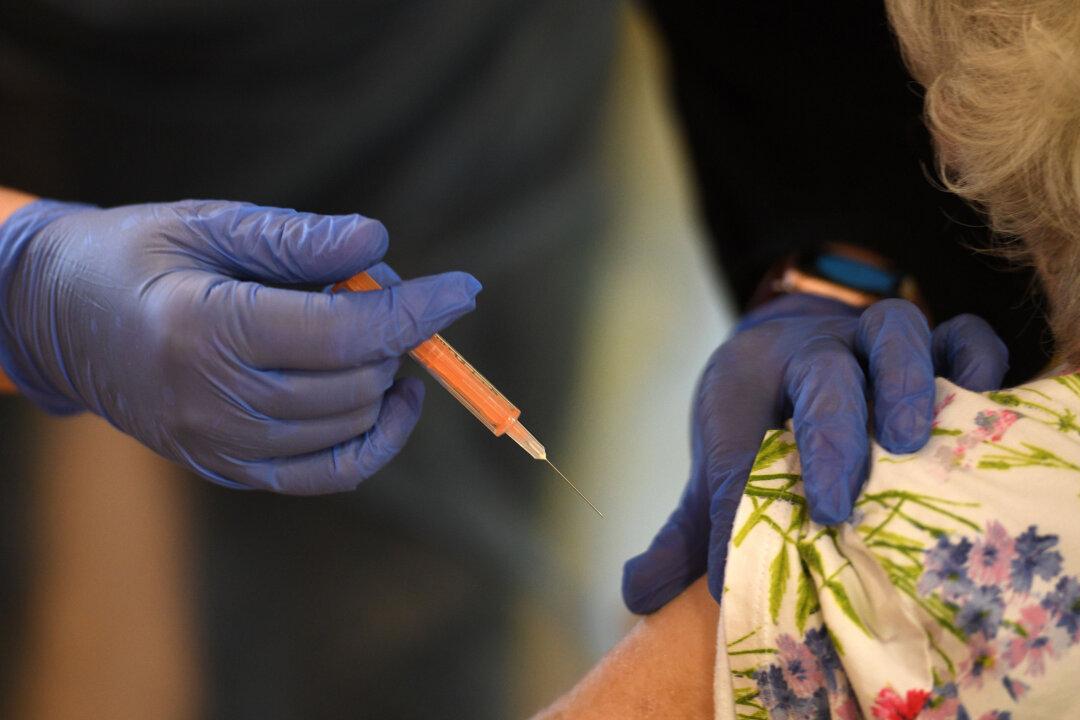A UK study that is examining the effect of mixing different COVID-19 vaccines was expanded on Wednesday to include two more vaccines.
The first round of the Comparing COVID-19 Vaccine Schedule Combinations (COM-COV) trial, which was launched in February, recruited 830 participants to trial combining the Oxford/AstraZeneca vaccine and the Pfizer/BioNTech vaccine.





